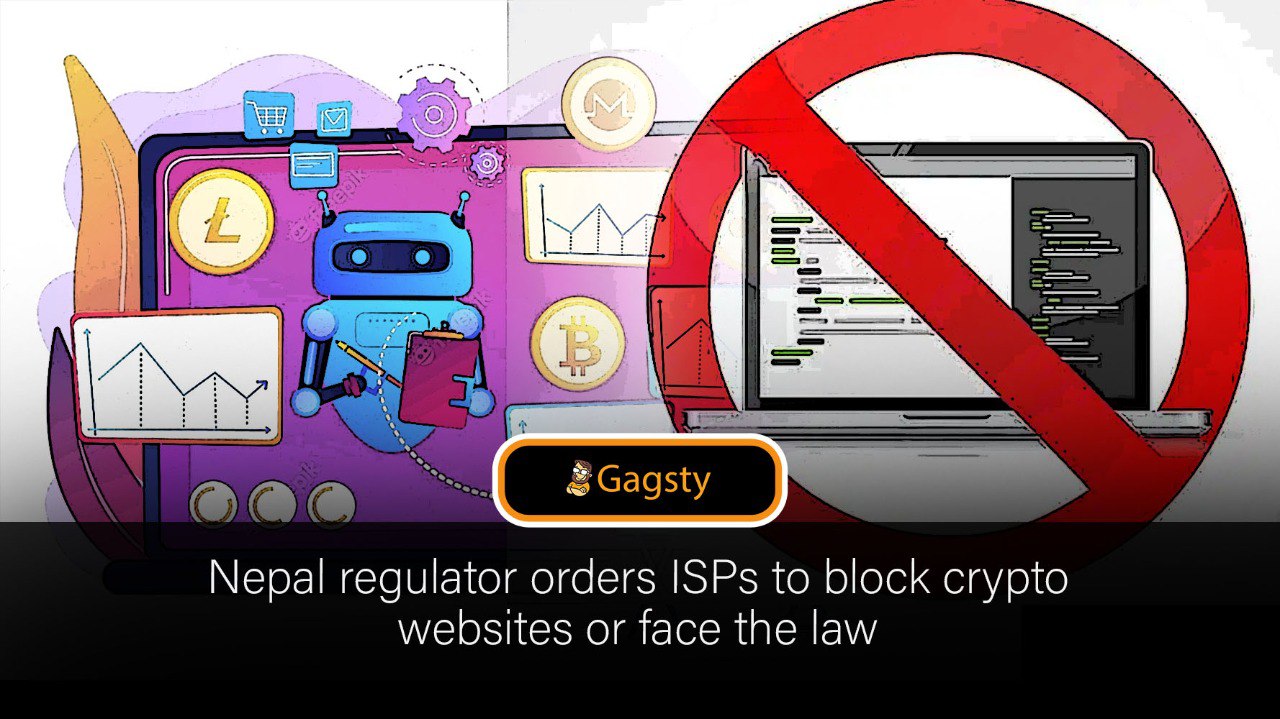
Nepalese web and email suppliers have been placed on notice by the country’s telco controller to impede crypto-related sites or face legitimate activity.
Nepal’s broadcast communications controller has requested the country’s web access suppliers (ISPs) to impede all cryptographic money exchanging sites, compromising legitimate activity against those that neglect to agree.
In a Jan. 8 notification, the Nepal Telecom Authority (NTA) requested ISPs and email specialist co-ops to forestall admittance to “sites, applications or online organizations” connected with crypto.
It expressed that virtual cash exchanges “are expanding lately [translated]” and emphasized that crypto exchanges in the nation are unlawful.
Nepal Rastra Bank (NRB), the country’s national bank, proclaimed crypto exchanging and mining unlawful in a September 2021 notification. “Empowering” others to utilize crypto is additionally a movement deserving of regulation.
In April, the NTA gave a comparative mindfulness notice in regards to crypto sites, requesting that people in general tell the controller assuming that they have data “connected with the name of such site, application or online organization.”
In the April notice, it likewise compromised lawful activity if “anybody is found to have done or been doing” crypto-related exercises, yet didn’t require a block on admittance to crypto administrations at that point.
Be that as it may, regardless of crypto being banned in the country, a Septembe report by blockchain information firm Chainalysis uncovered developing business sectors, comprehensive of Nepal, are at the bleeding edge of worldwide crypto reception.
Nepal’s crypto reception set it in the worldwide top 20, positioned sixteenth generally speaking, over the Assembled Realm.
Nepal is remembered for a rundown of only nine nations that have by and large restricted digital currencies, as per a November 2021 report from the Law Library of Congress.
Different nations that have prohibited crypto incorporate China, Algeria, Bangladesh, Egypt, Iraq, Morocco, Qatar and Tunisia.
Leave a Reply